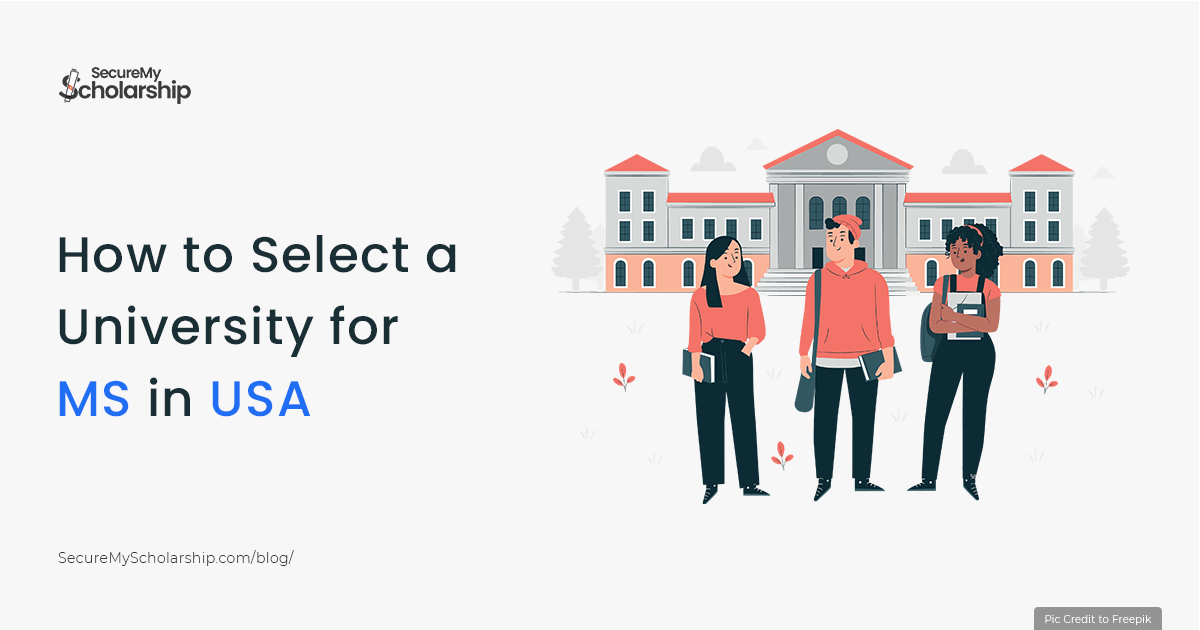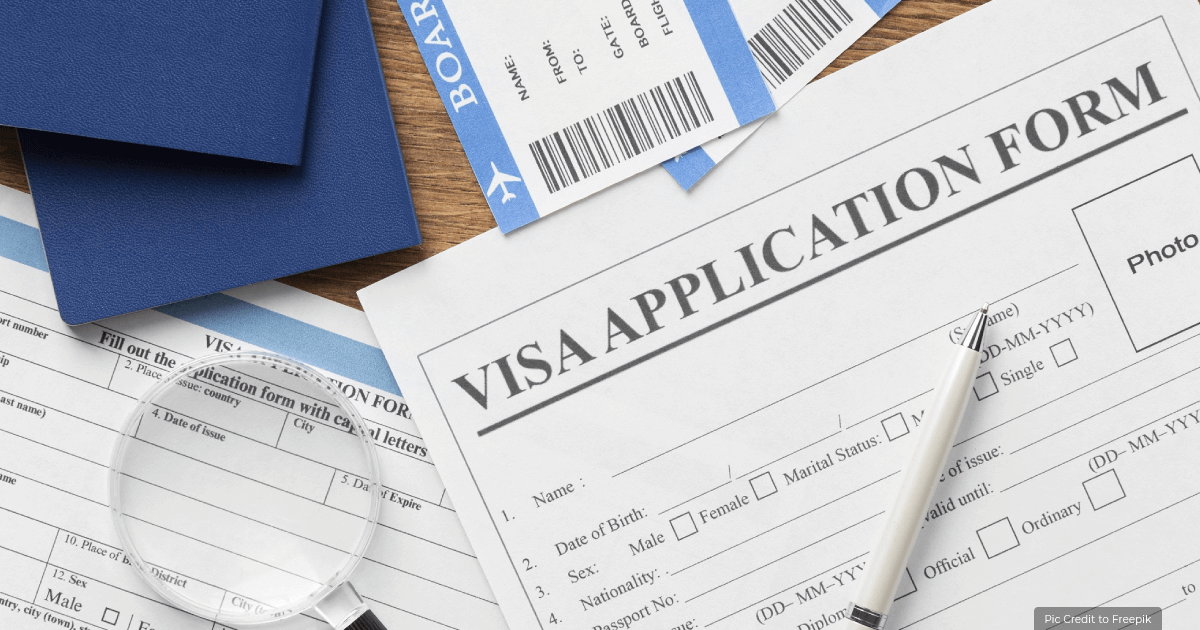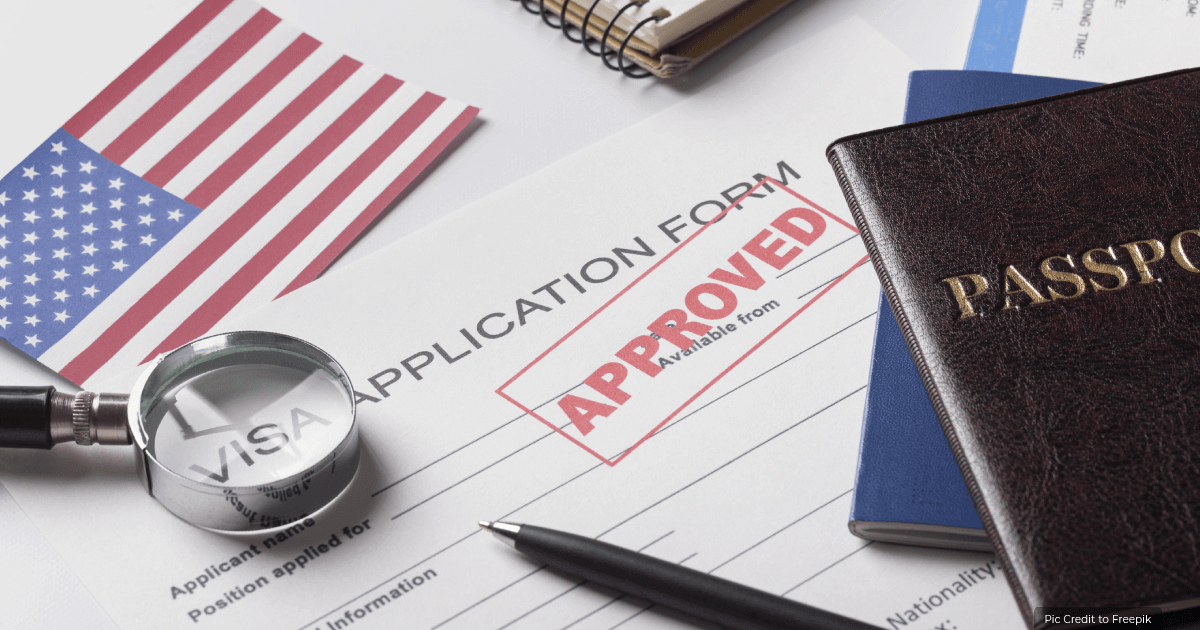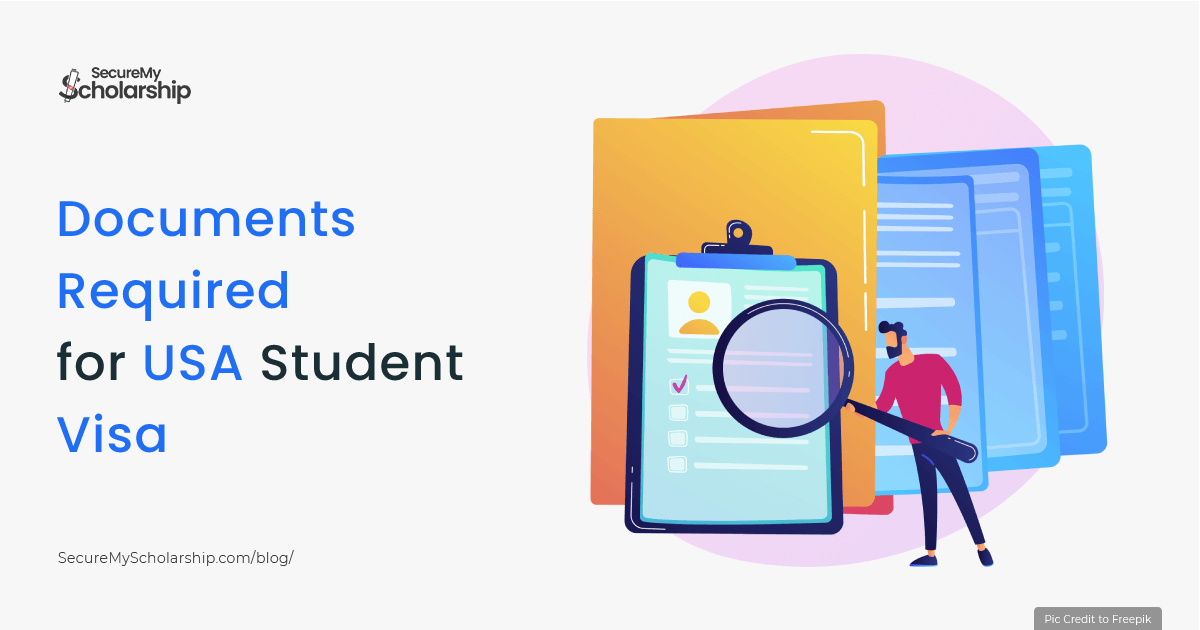

Our mission is to make education more accessible and affordable for all by helping students reduce their tuition burden.













let us help you find your ideal university with a guaranteed scholarship

Our mission is to make education more accessible and affordable for all by helping students reduce their tuition burden.


let us help you find your ideal university with a guaranteed scholarship
